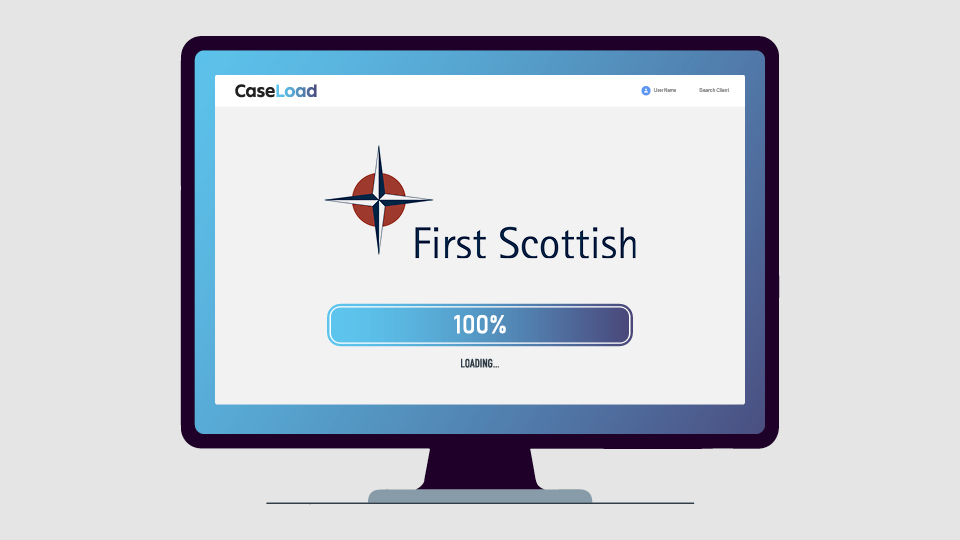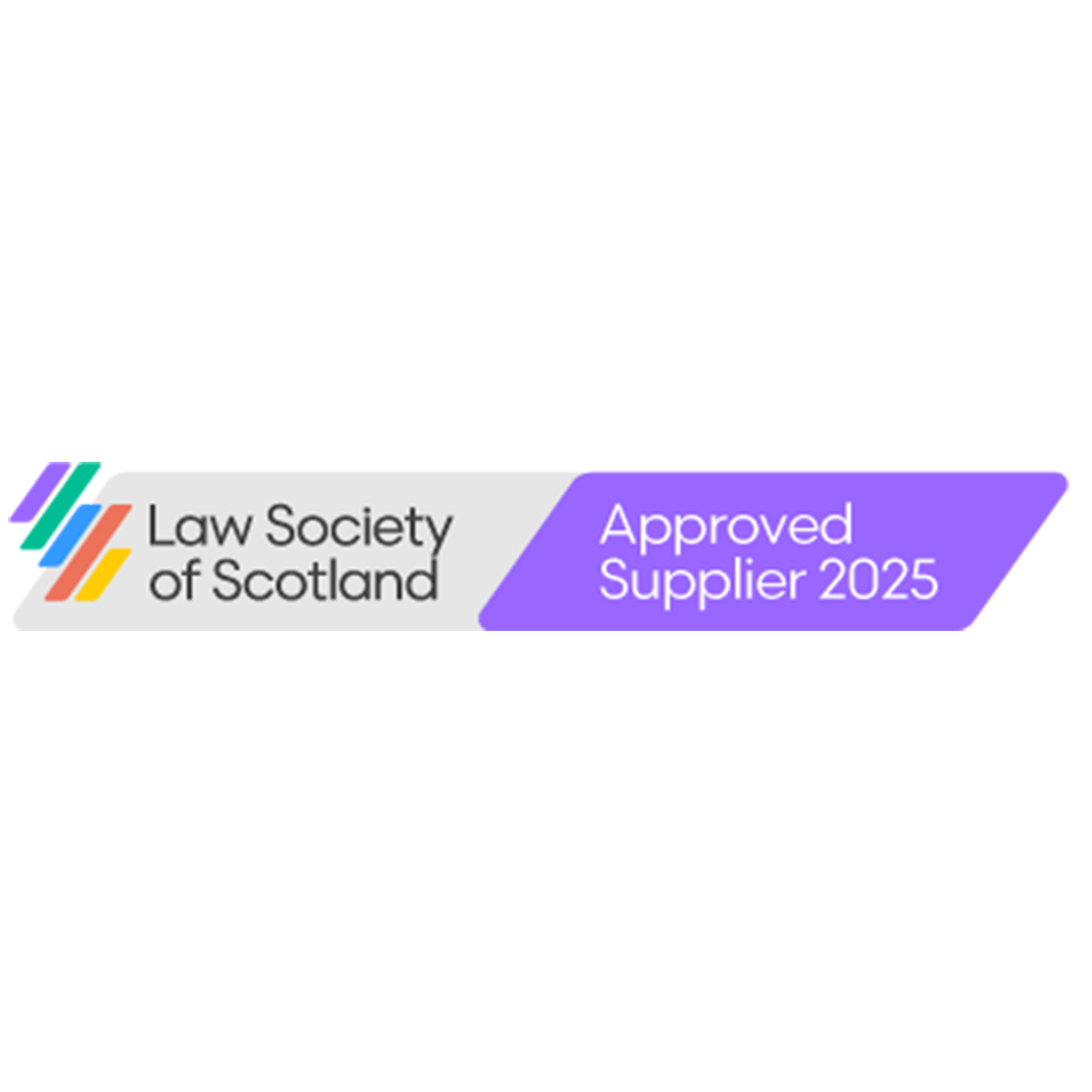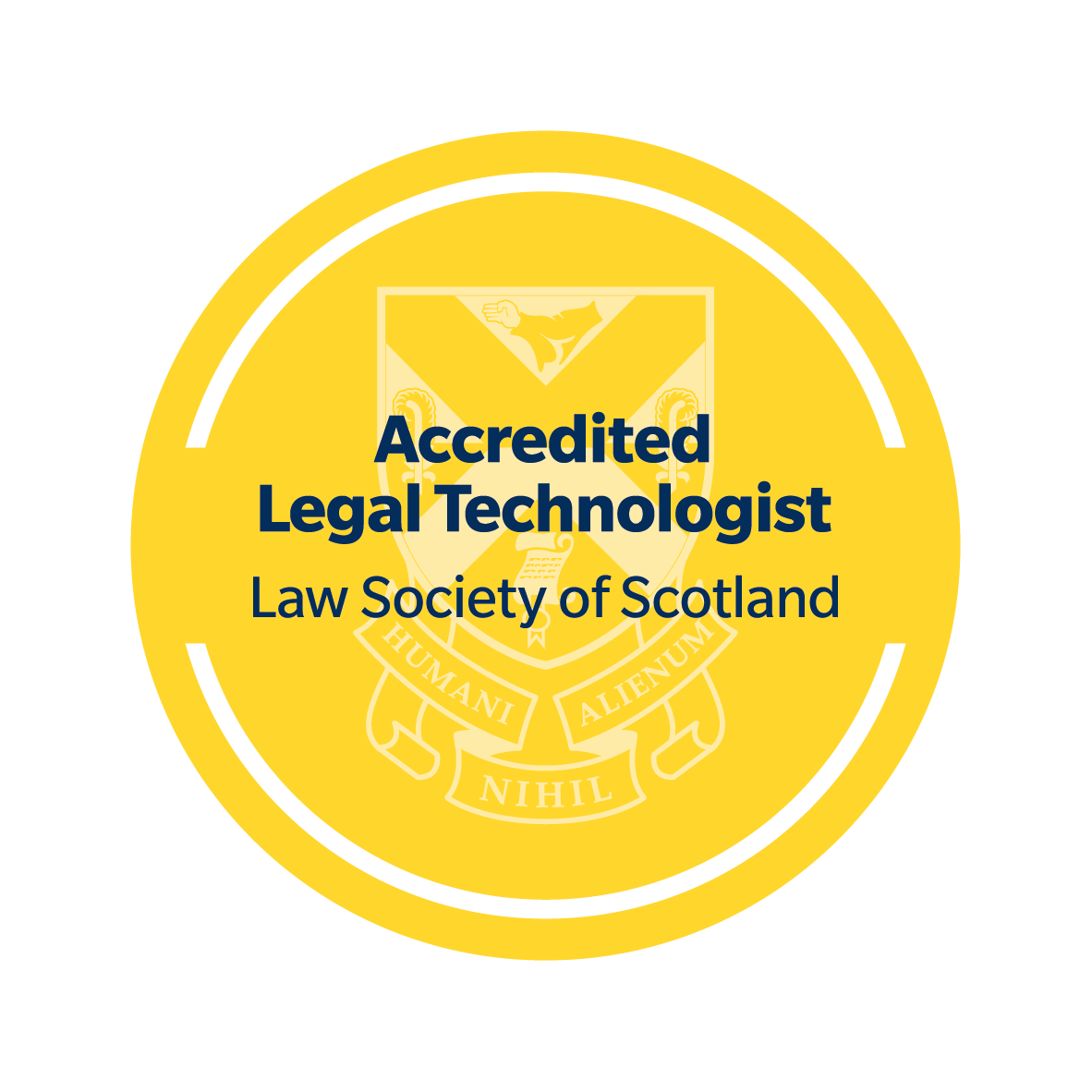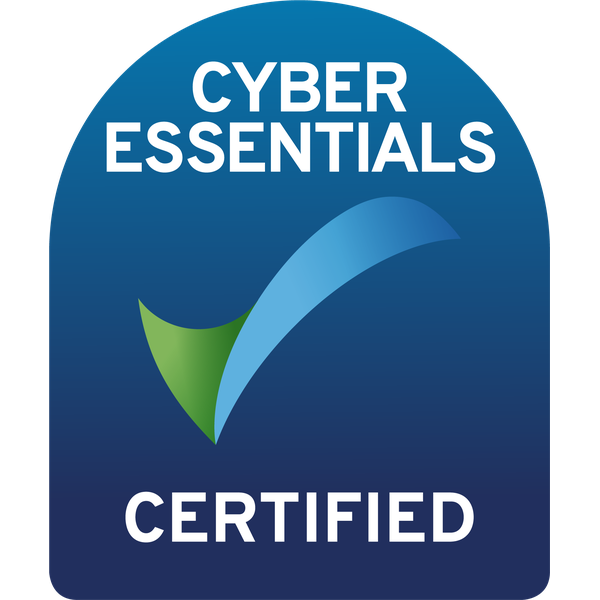Written by:

Grant Yuill
Head of Marketing & Customer Engagement
The Legal Services Board and the Solicitors Regulation Authority recently conducted new research to better understand how the general public and lawyers feel about employing technology in the legal industry.
The study found that while the public is generally eager to adopt well-established technologies like video consultations and e-signatures, there is far more resistance to emerging technologies like smart contracts and AI-powered chatbots. These opinions were reflected in the responses provided by lawyers, however, they were more inclined to employ well-known technology and less likely to use those they were unfamiliar with.
However, the survey continued that both the general public and legal practitioners see the broader advantages of legal software technologies to expedite workflow, deliver better services, and boost operational effectiveness. How do we, however, encourage legal practitioners to adopt the new technologies that are constantly being introduced to the market and that promise to do all of these things and more, as well as encourage clients to view these technologies as useful to them and safe to use?
Public Issues vs Priorities
Naturally, the objective of the notifier is to move through the probate procedure as smoothly as possible in order to limit additional stress and grief following their loss. However, as many people who have been through the procedure know with so many assets and stakeholders to track down, it is frequently confusing and drawn out, characterised by numerous delays, and sometimes subject to unforeseen fees. Innovative businesses are using technology to streamline the process for both themselves and the notifier while cutting expenses, however, there are many public worries about this.
Many people are worried about data security, the consequences of replacing people with technology — with serious doubts about the empathy and decision-making that technology can deliver — and, last but not least, digital exclusion for those who are less able to use or access technology. In fact, a significant portion of the general population believes that technology shouldn’t ever be used to deliver legal services.
Despite these concerns, it should be emphasized that when evaluating the advantages people see in technology, the possibility of more economical services came out on top, followed by enhanced service accuracy and faster delivery.
So when will embracing technology become more advantageous than risky? Or, is it really that easy?
Law Firm Professional’s Priorities vs. their Concerns
Since many legal professionals still haven’t adopted technology in a way that makes it less familiar than the Microsoft Office Suite, professionals must first make sure they are confident with it themselves.
According to research, only one in five lawyers use technology to manage probate matters; the other two-thirds still use standard office supplies.
They worry about data security and cybercrime in the same way that clients do. This is a very privileged and data-heavy field. They are also worried about the human side of service, such as the ability to show care and understanding during hard times, which technology may make harder to do. They are also worried about digital exclusion.
But again, just like the public, “most legal professionals strongly feel that technology can improve services for clients.” This is because their top priority for using it is to provide faster services, especially in areas like probate where prolonging a person’s grief could have long-term negative effects on their health. They also care about how easy it is to communicate and how cheap things are. All of these things can be improved by using technology.
So, how do we get the benefits of technology in legal issues like probate while addressing the concerns of both the public and professionals?
How Legal Case Management Software Helps with Probate
The public are right to think that technology will make services cheaper, improve the accuracy of data and interactions, and speed up the process of solving problems. With the help of today’s Legal Case Management System, which can be connected to third-party data providers, lawyers can save time and get more accurate information about a person who passed away much faster and with less work for the person who notified them. This means that cases can be resolved faster and for much less money. It also means that professionals will need less time to finish cases, which is better for the ease and well-being of clients.
But it’s not just the client who gets something out of it. For professionals, happier clients mean happier employees because they don’t have to deal with clients who are stressed out (often because of high case fees and long wait times). Also, when it comes to their daily work, technology can help legal professionals spend less time on time consuming tasks like document management or re-entering data. For example, Denovo can copy data with the click of a button. This technology also makes it less likely that mistakes will lead to extra work. Lastly, when professionals do things faster, they have more time in their day to spend with their friends and family, take on more cases at work, or give their present clients more personalised services to improve their experience.
Contact Us
If you want to know more about how Probate Legal Practice Management Software can help your firm automate your process and increase productivity, just contact our expert team and they will be happy to assist you!















